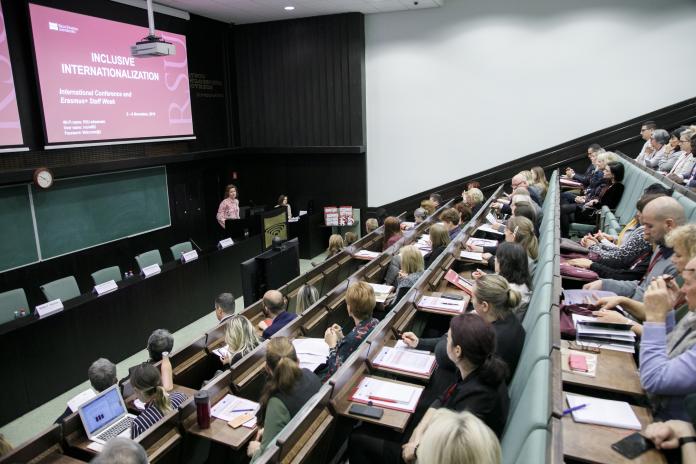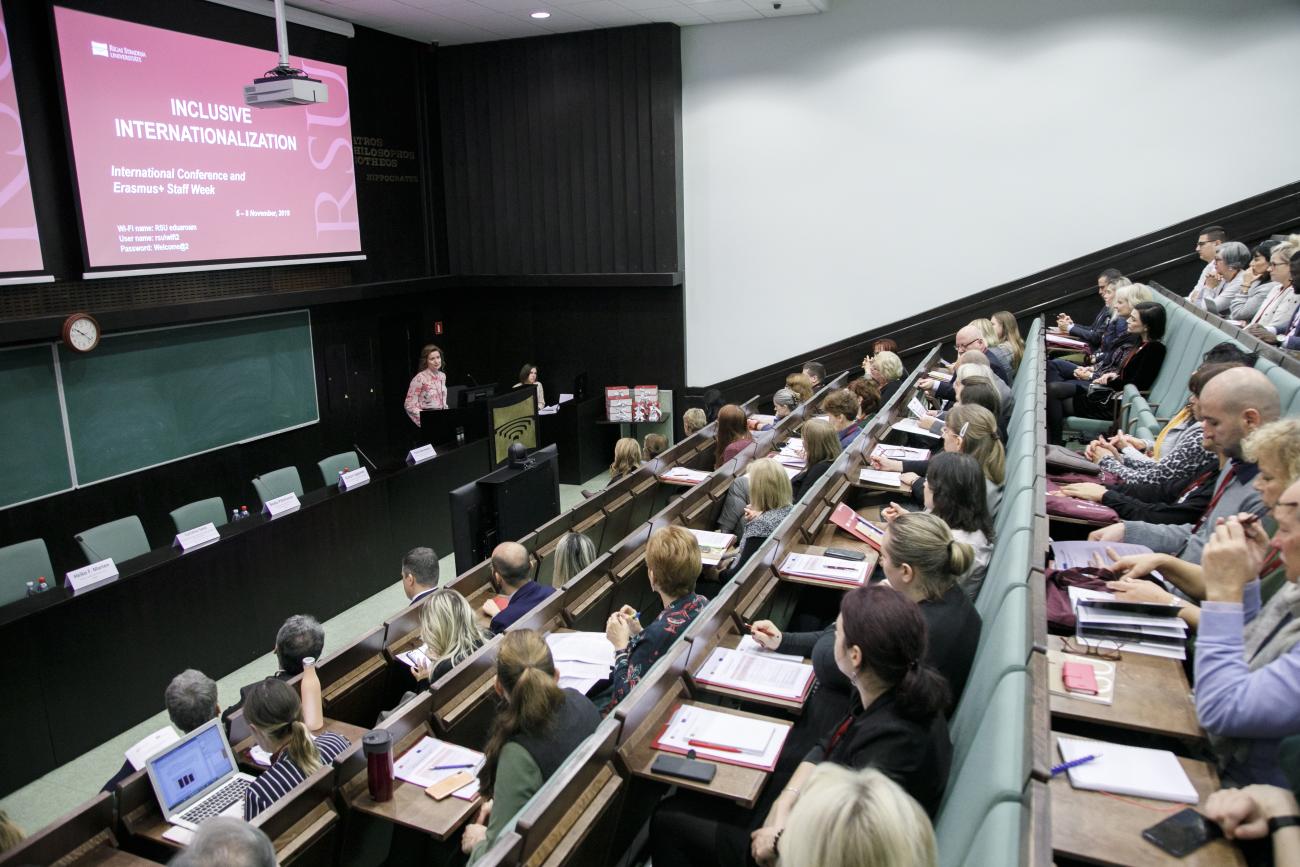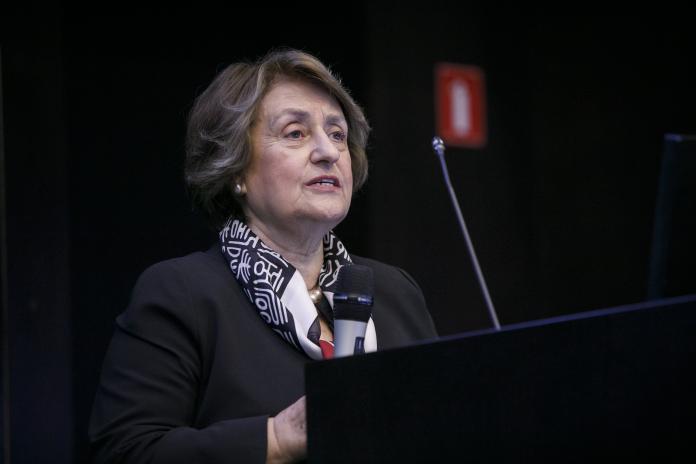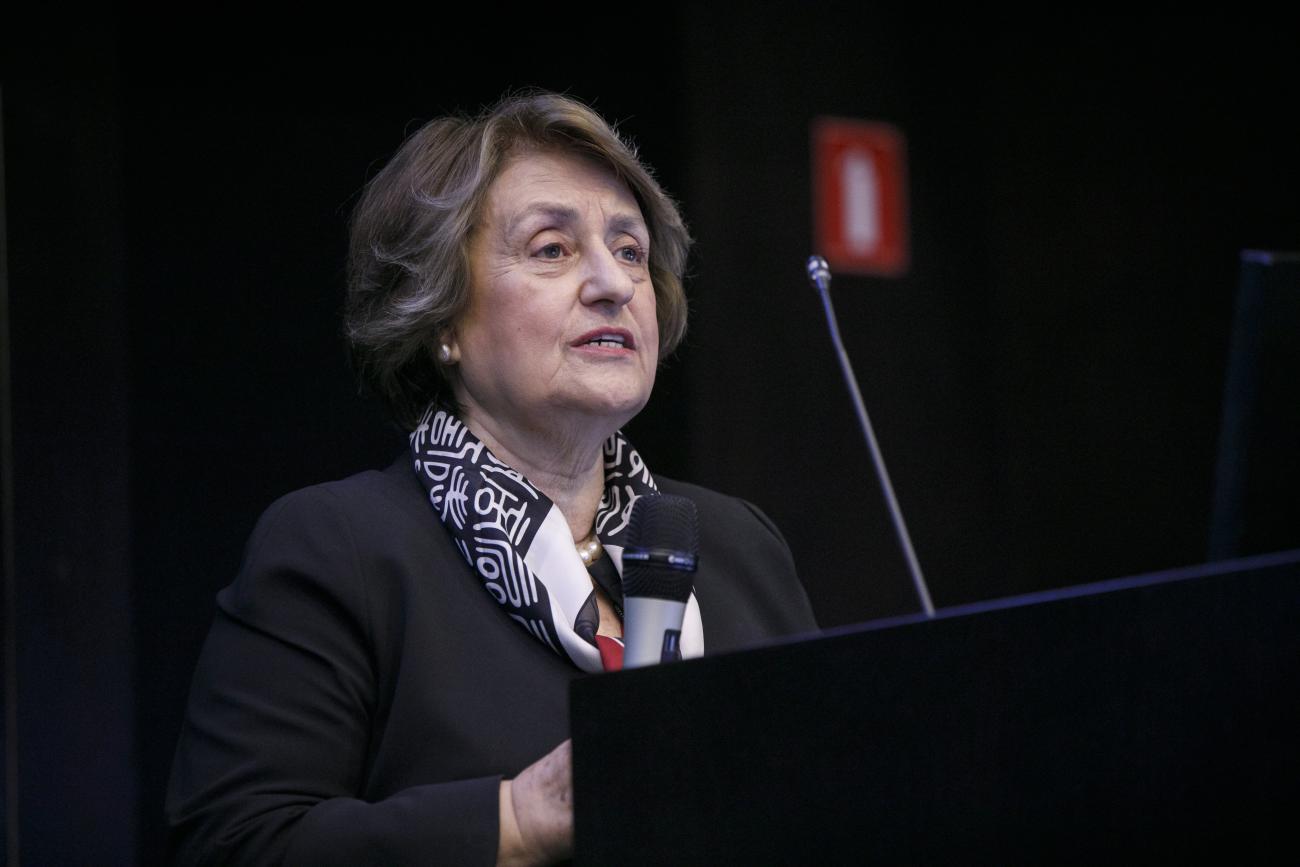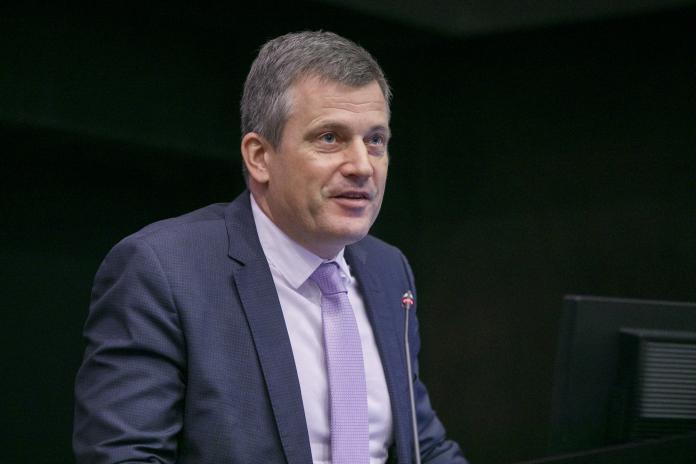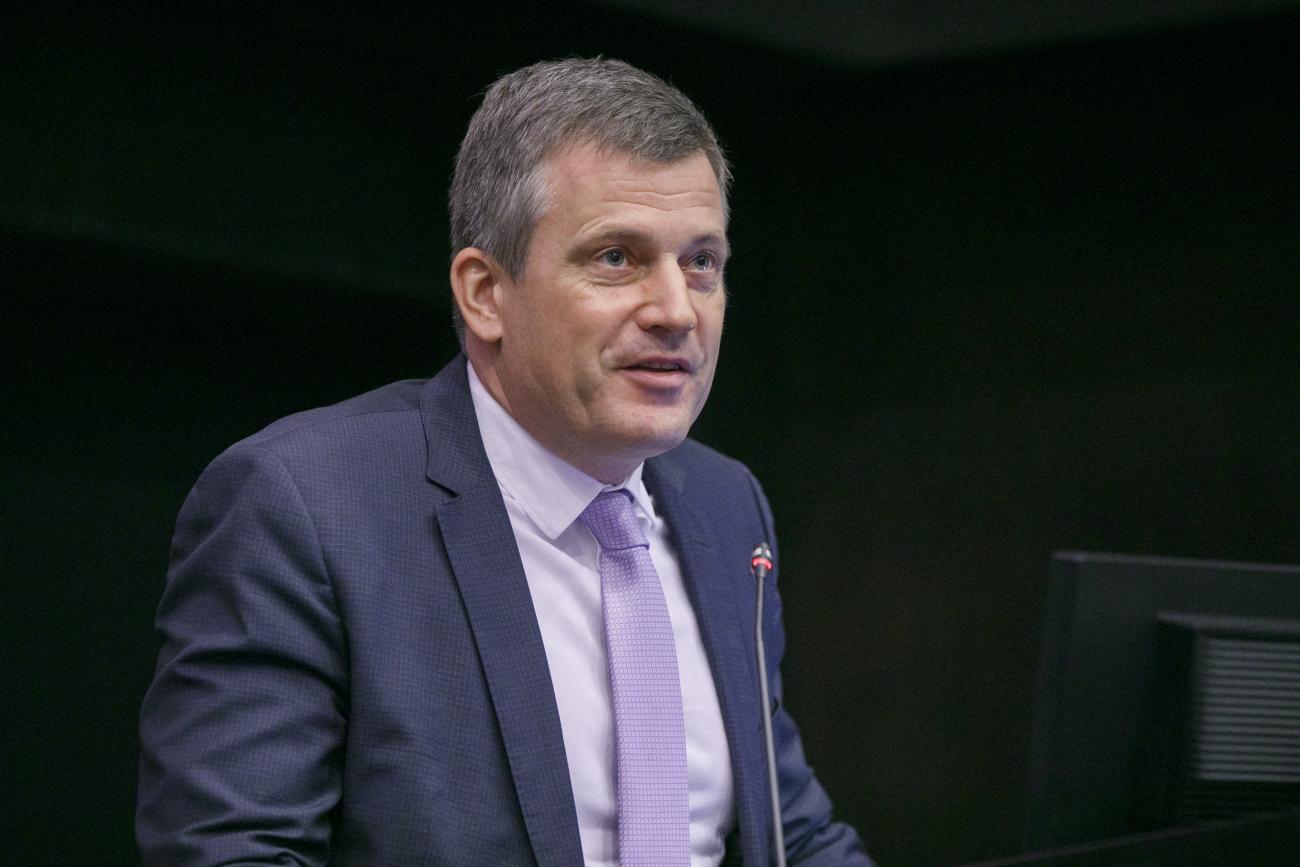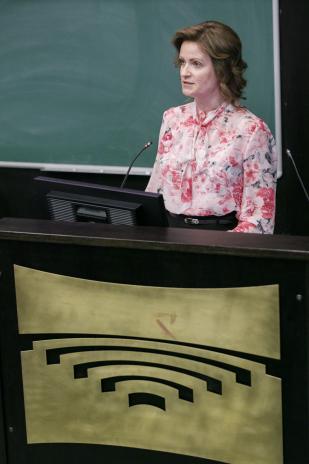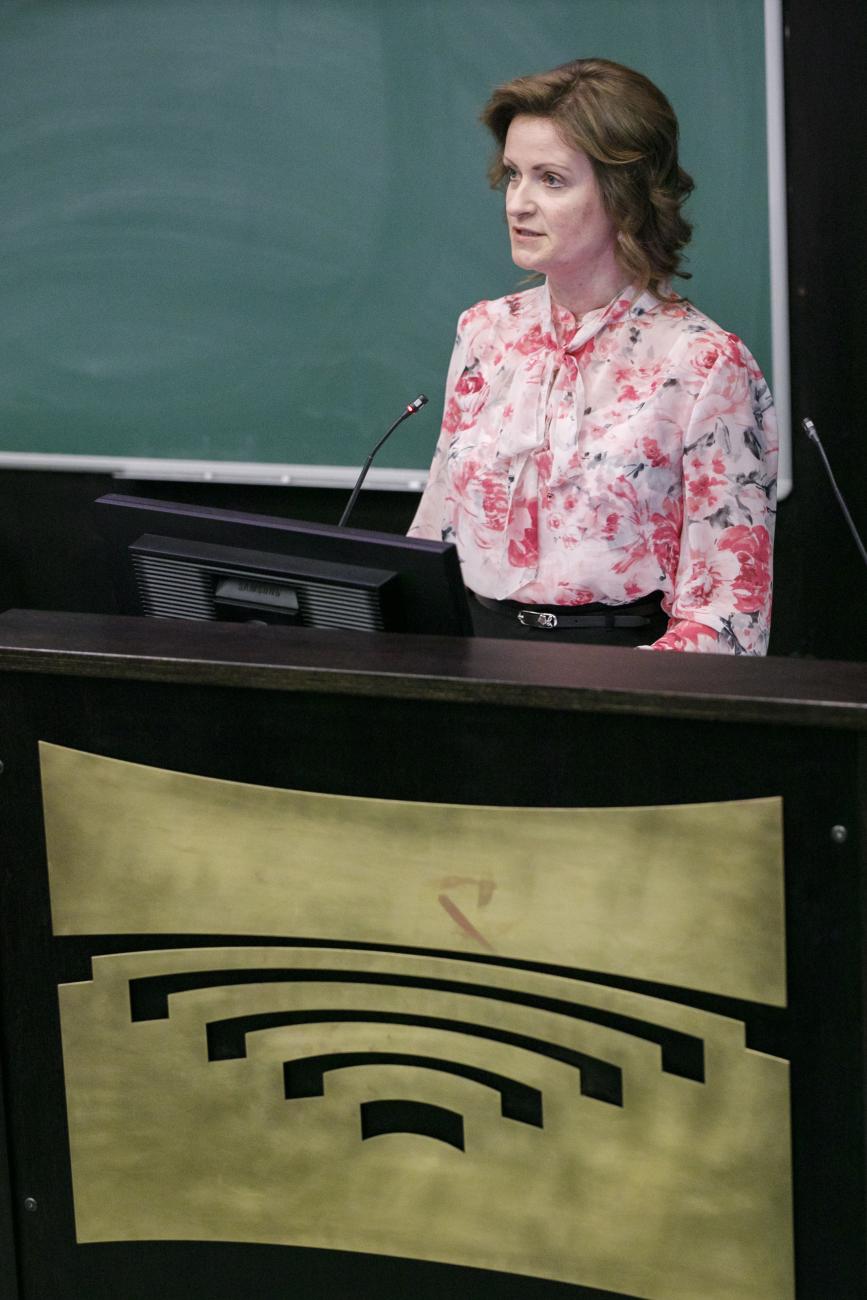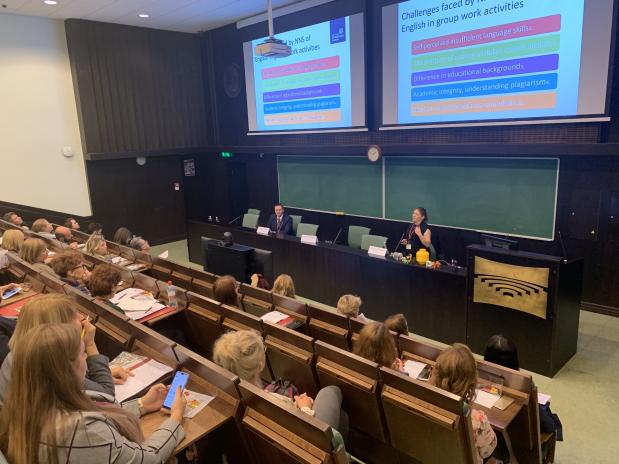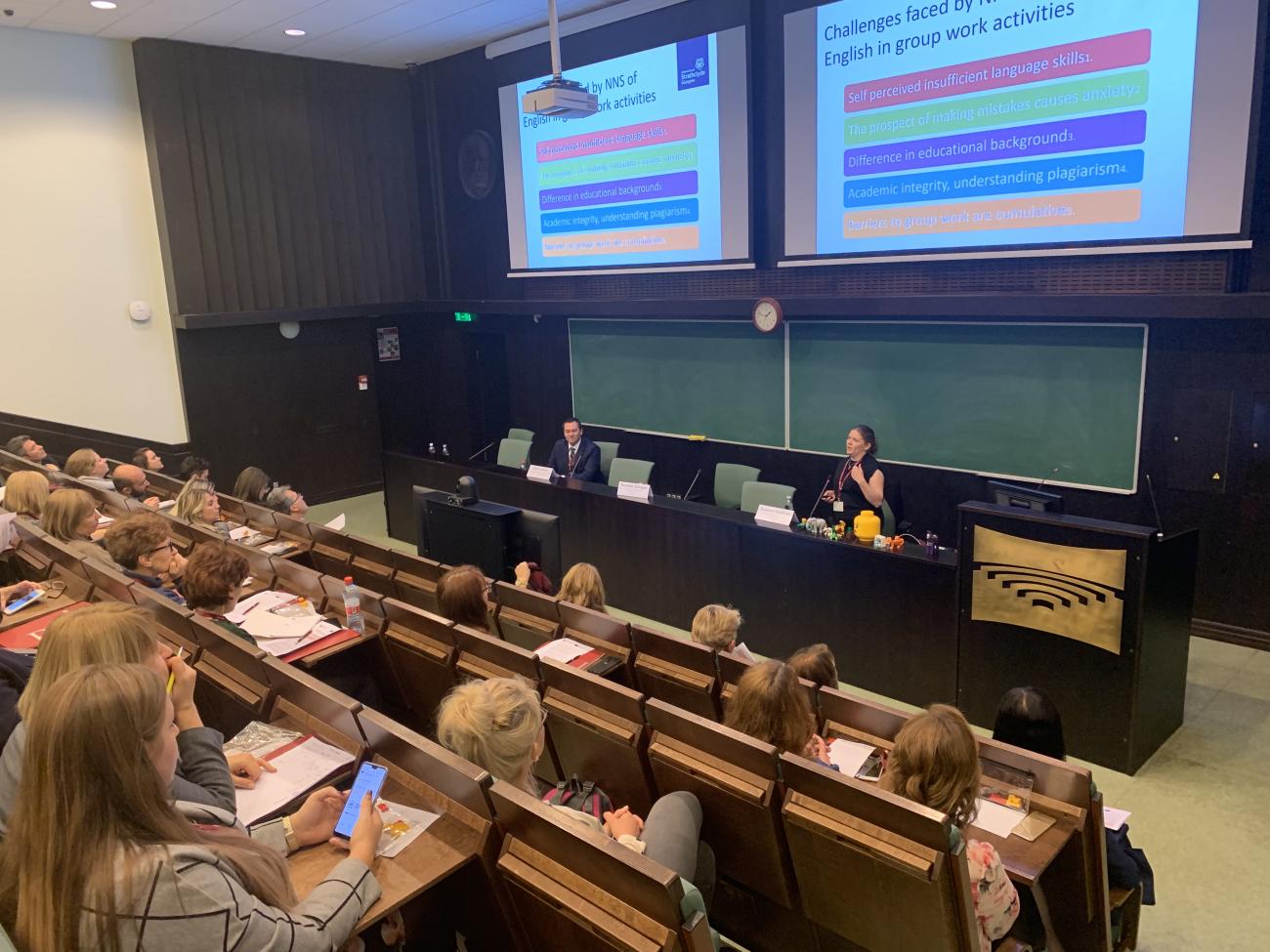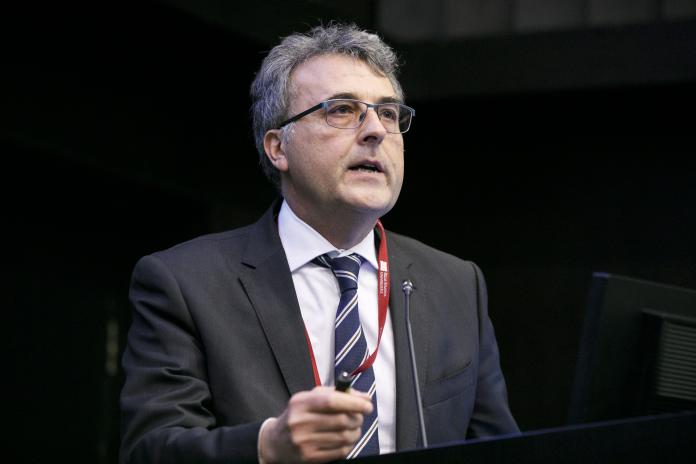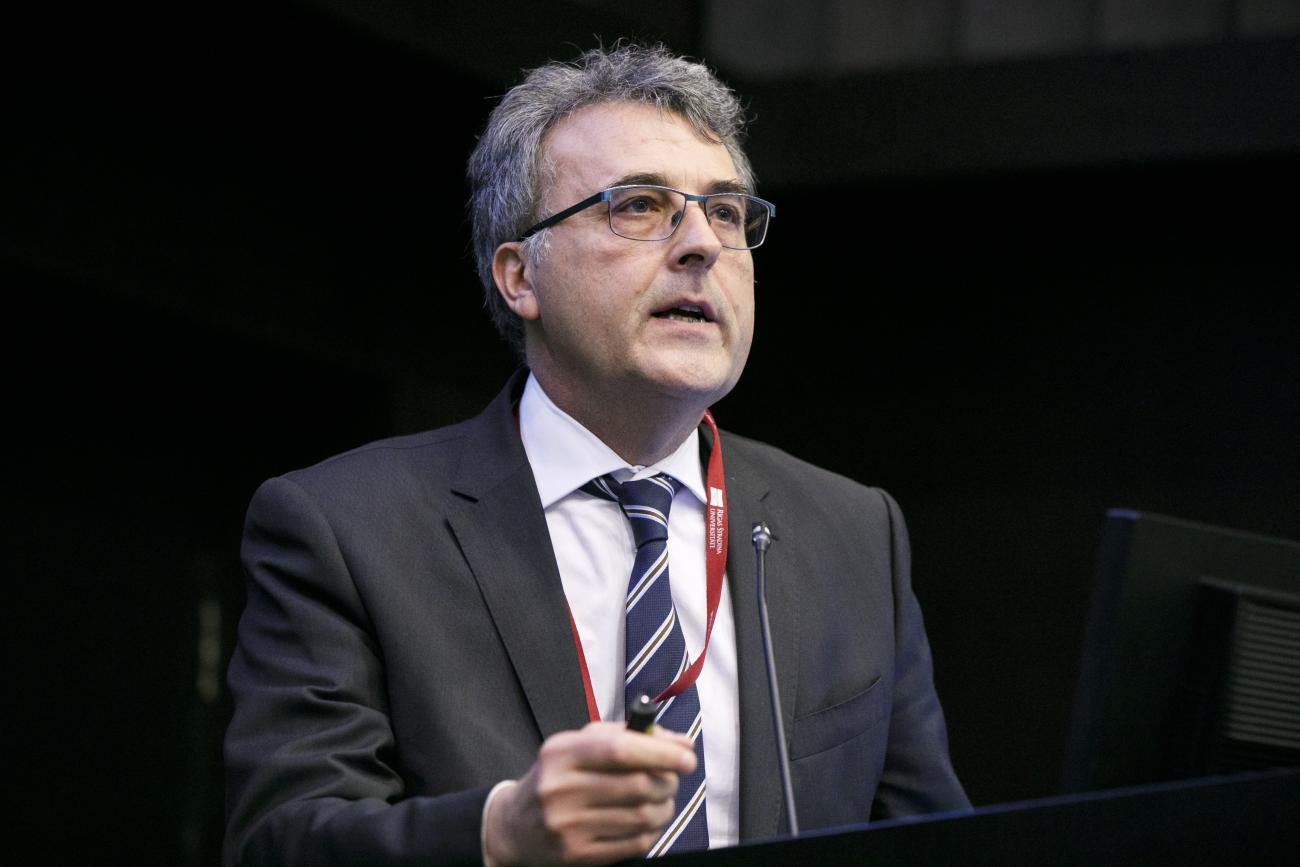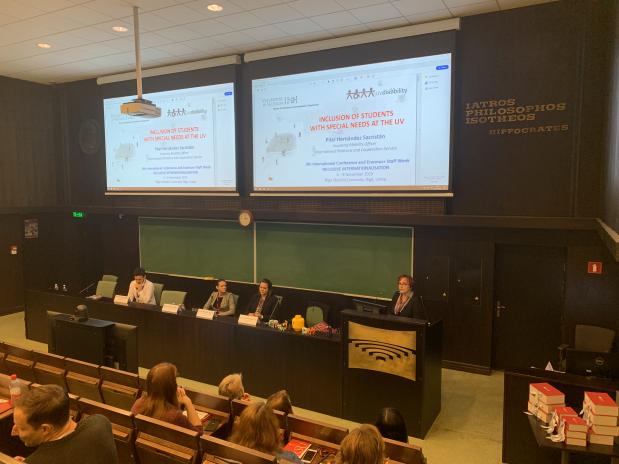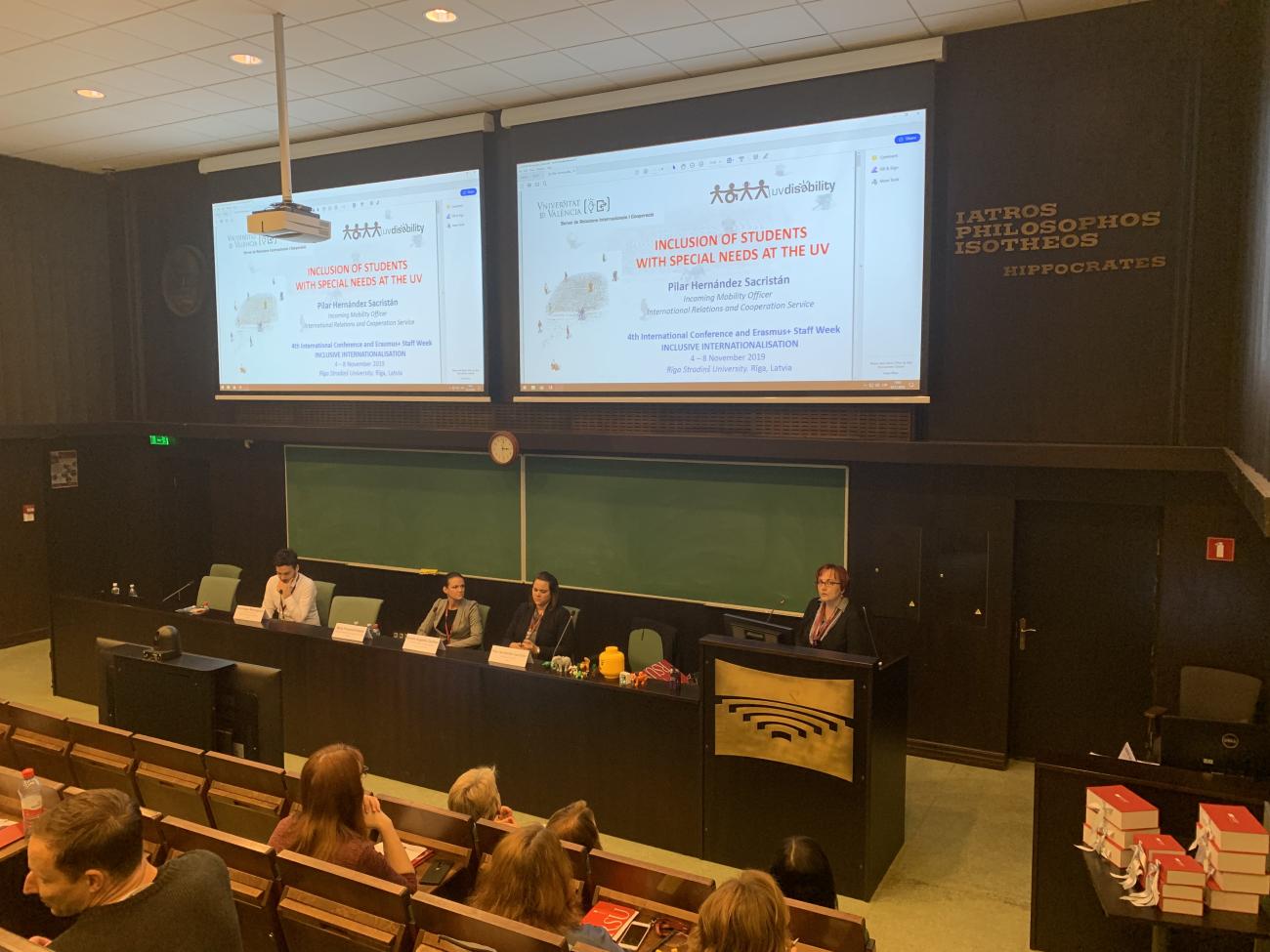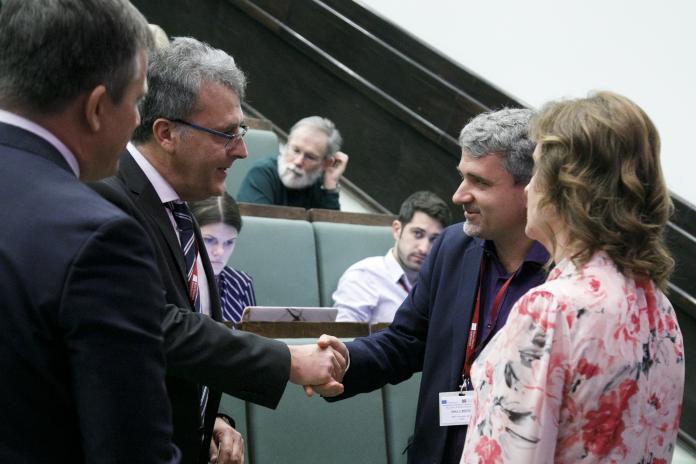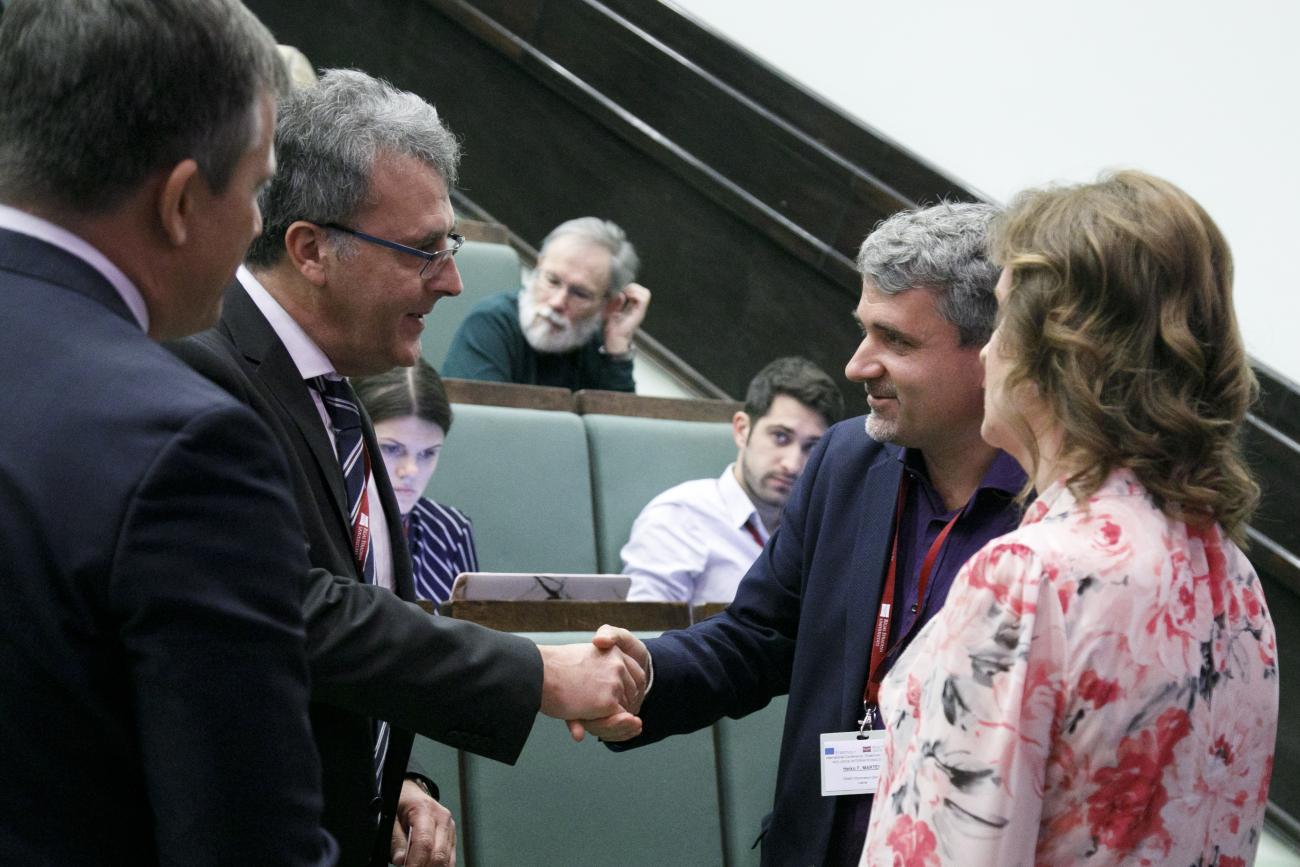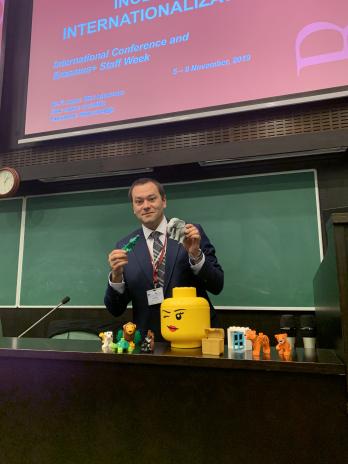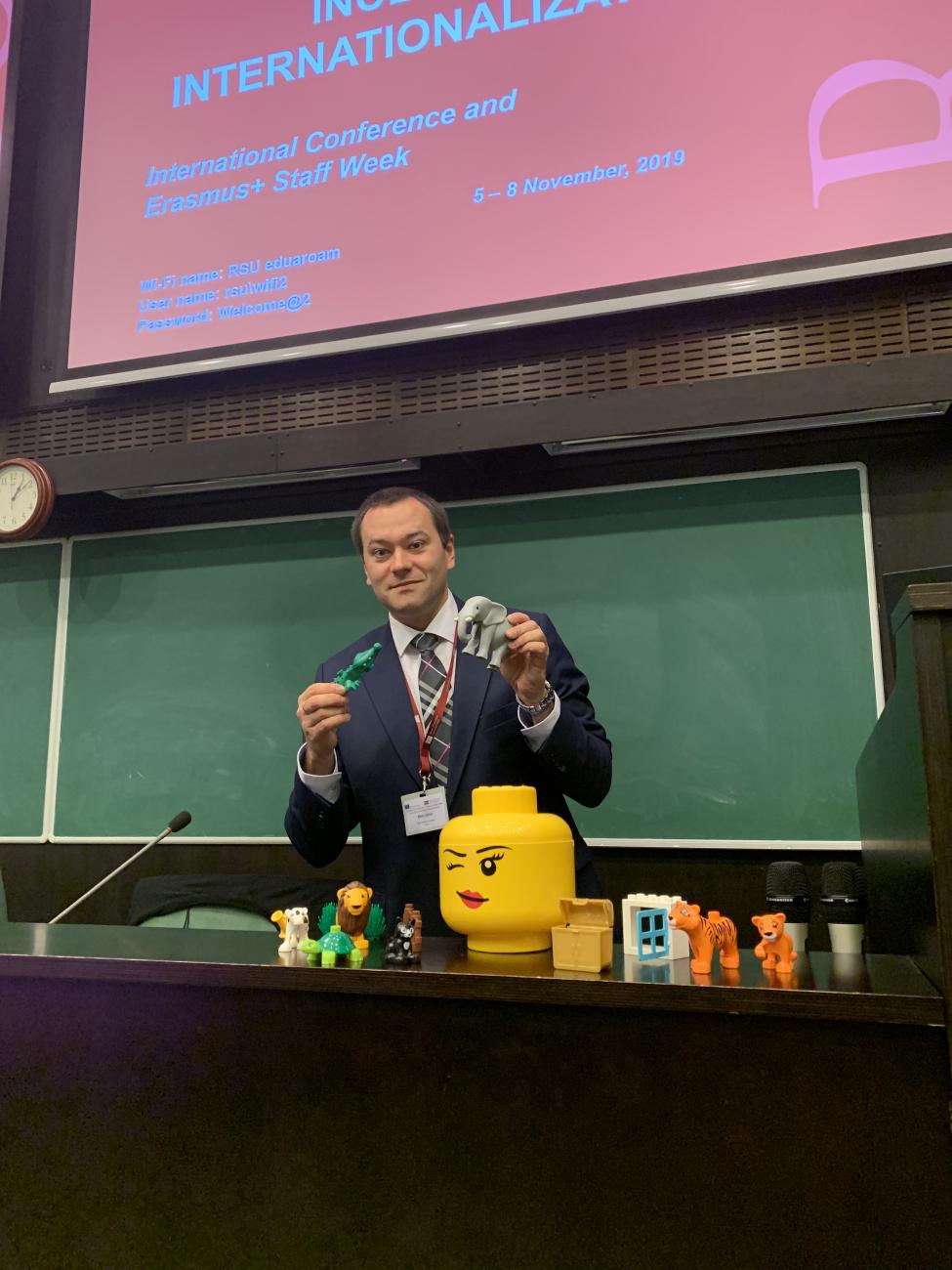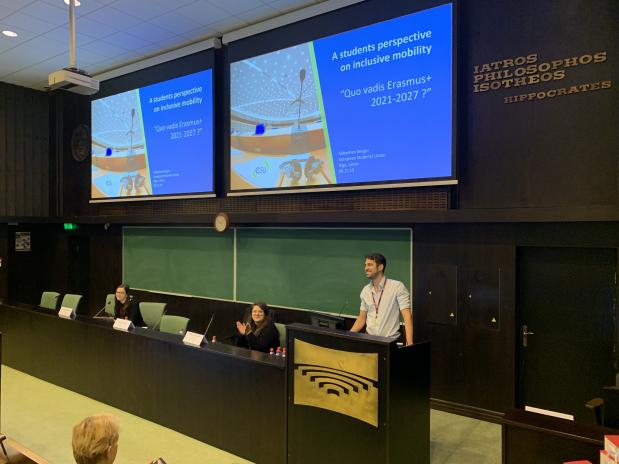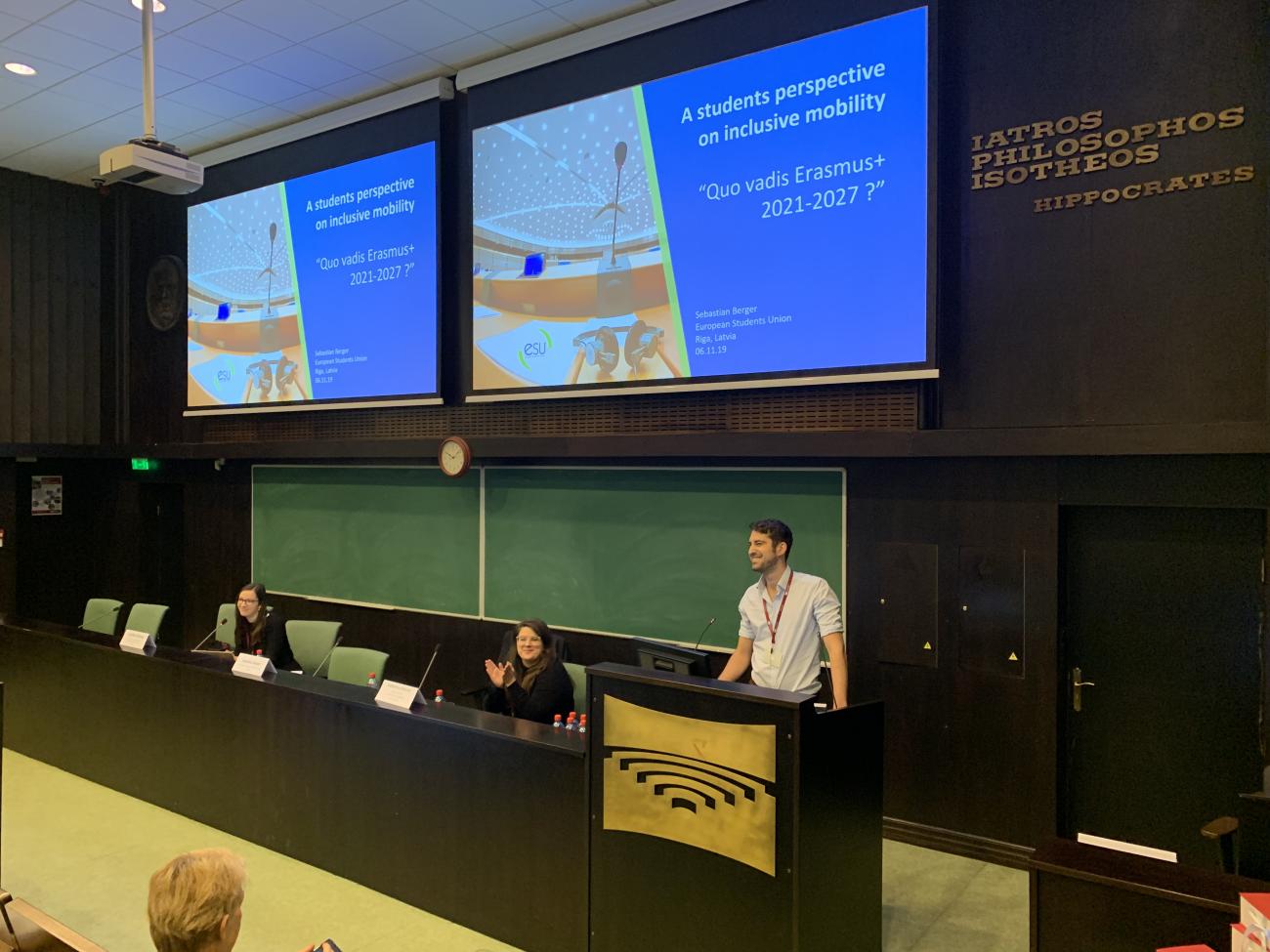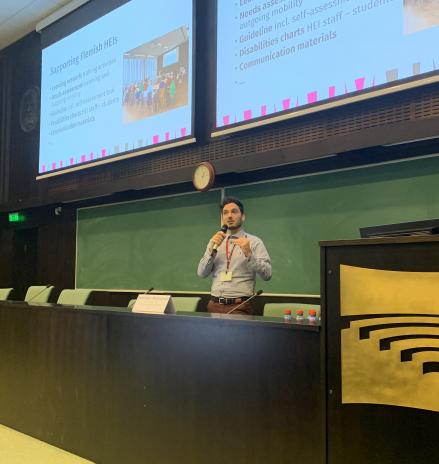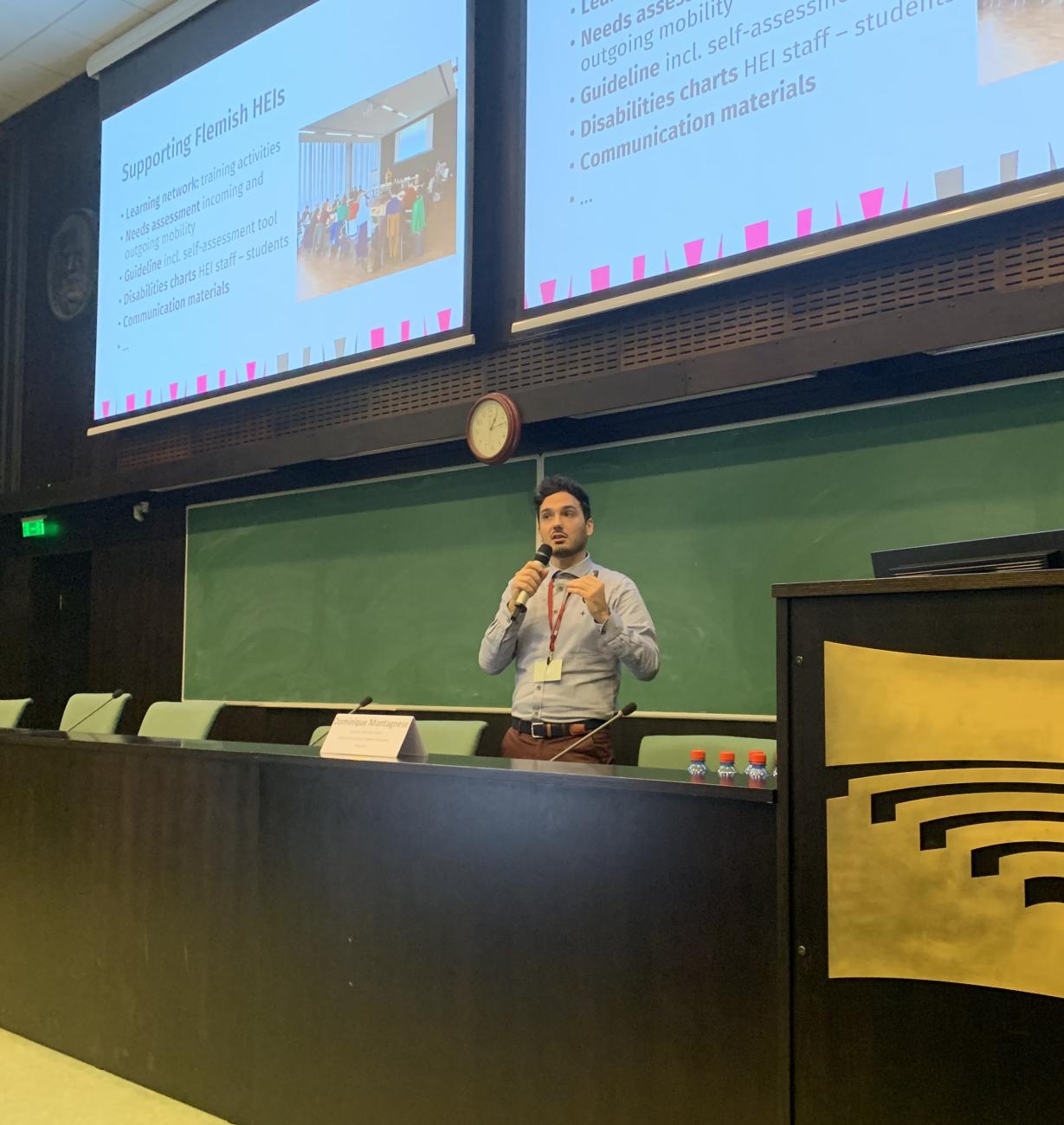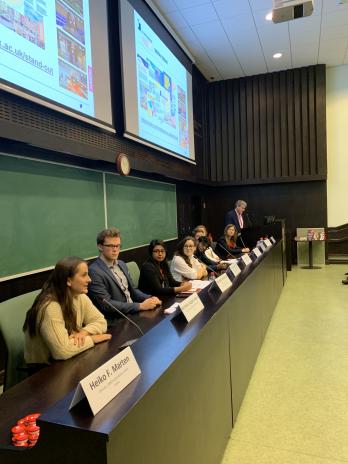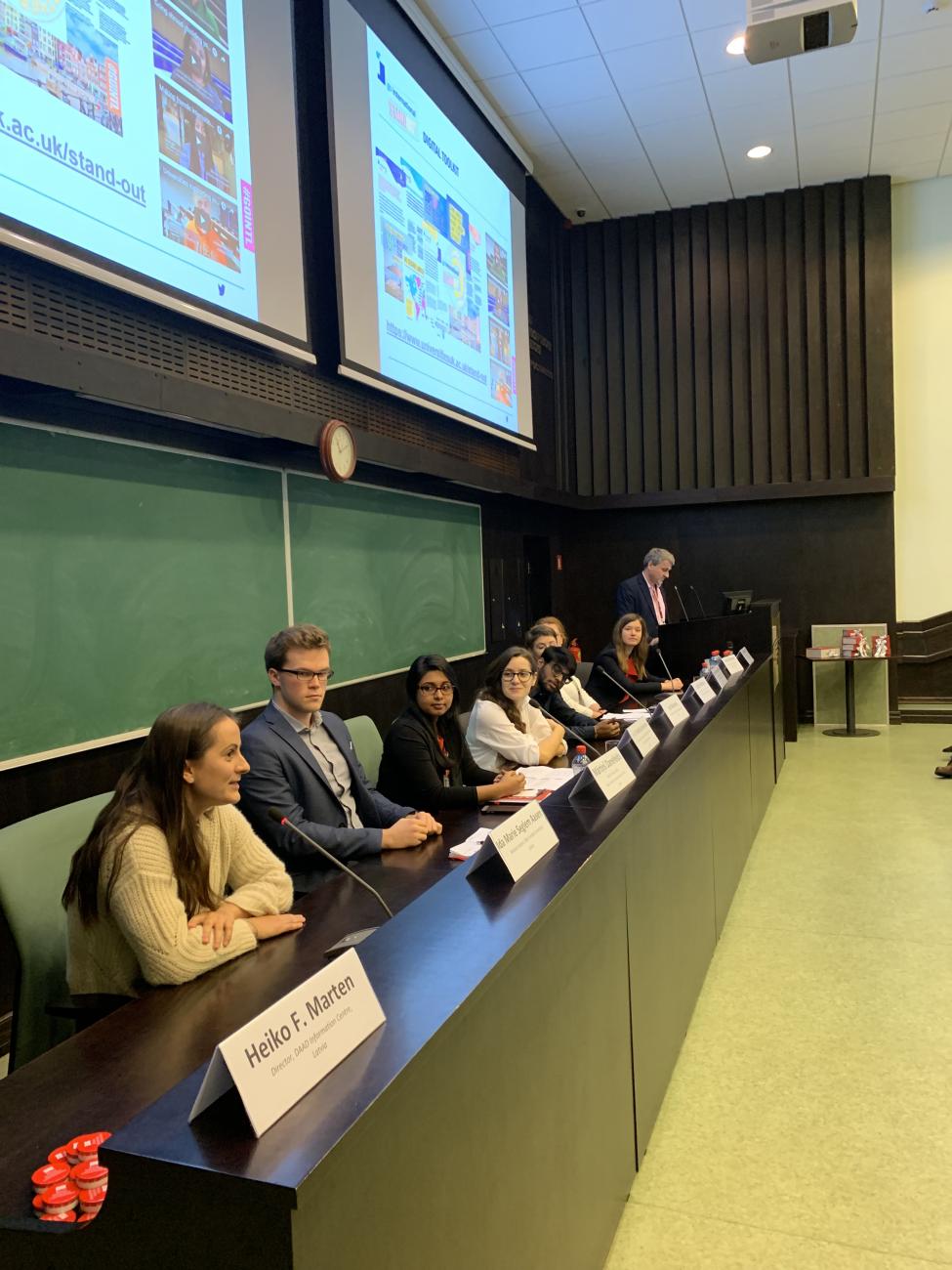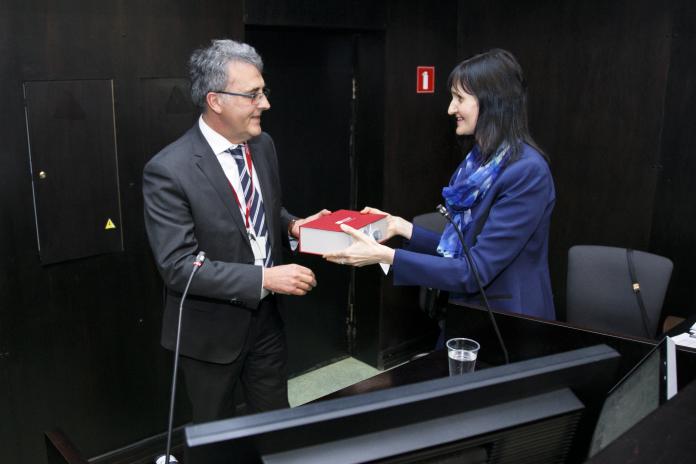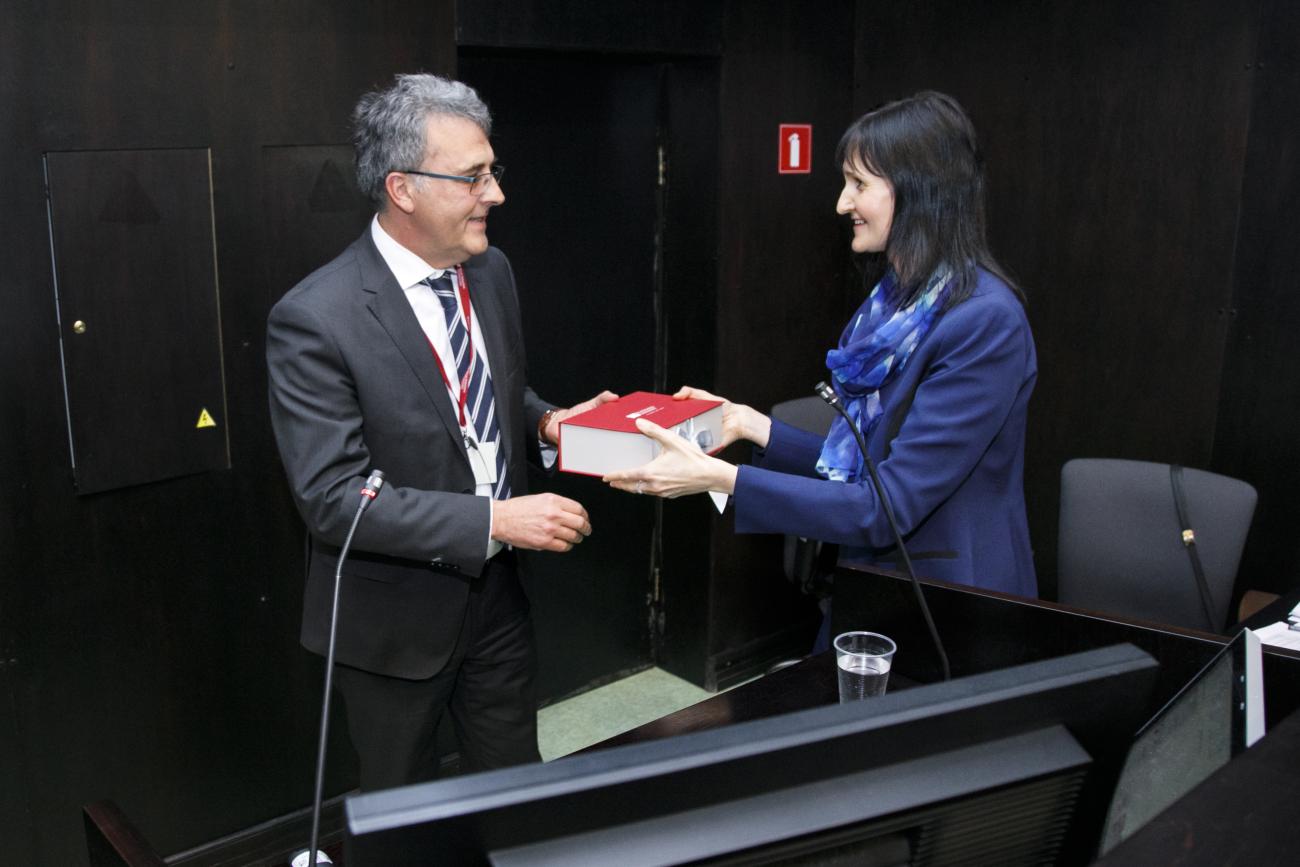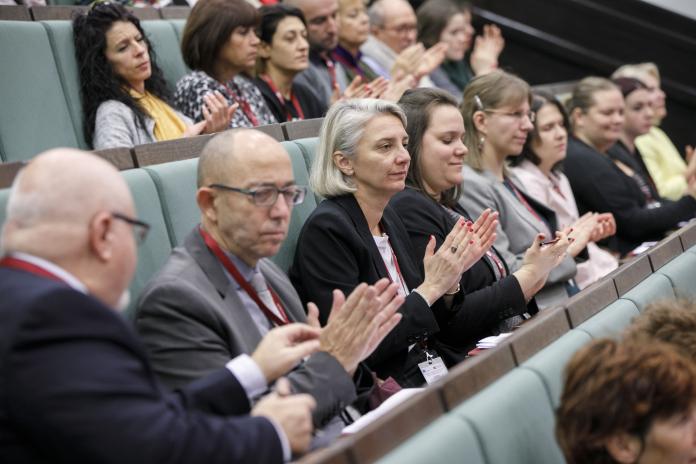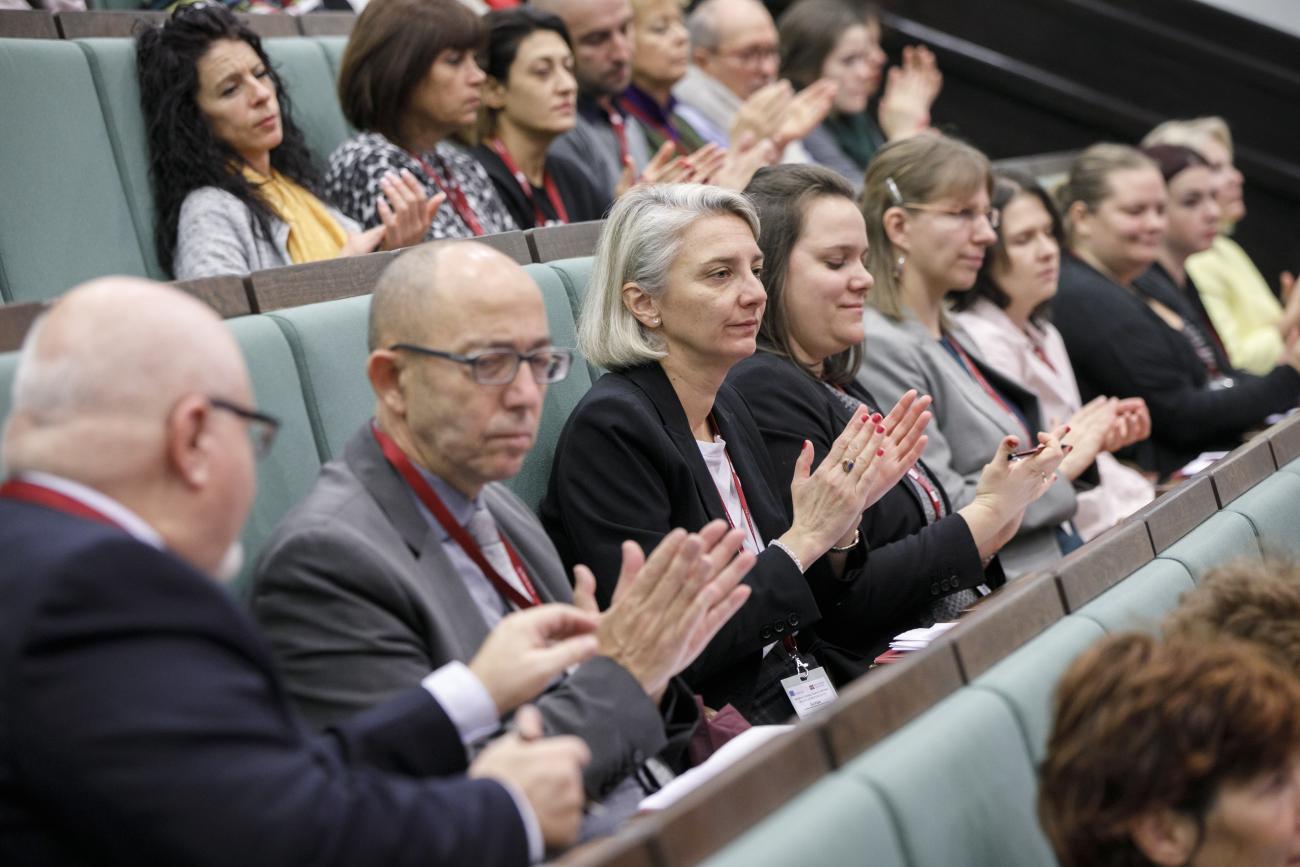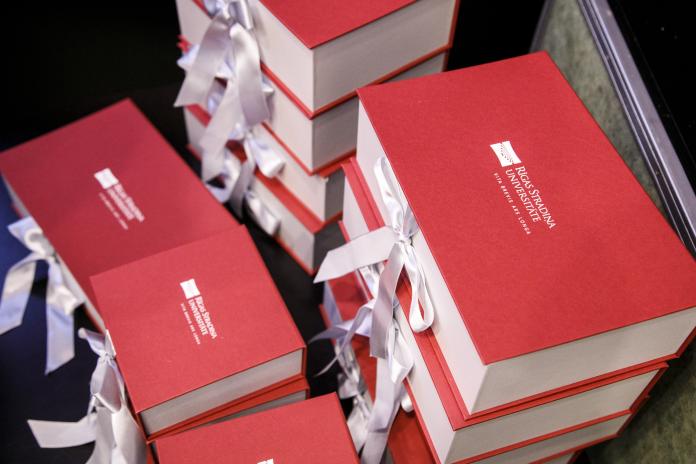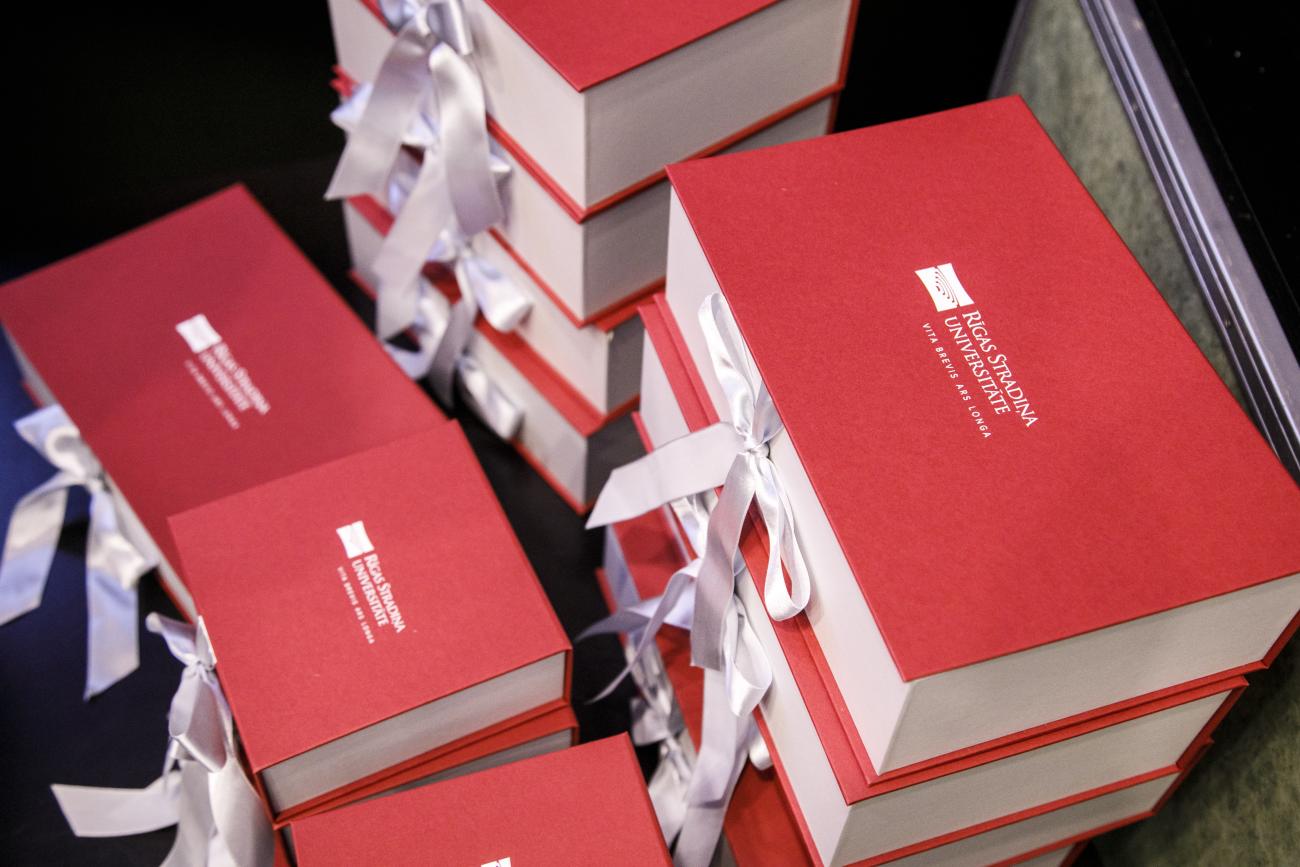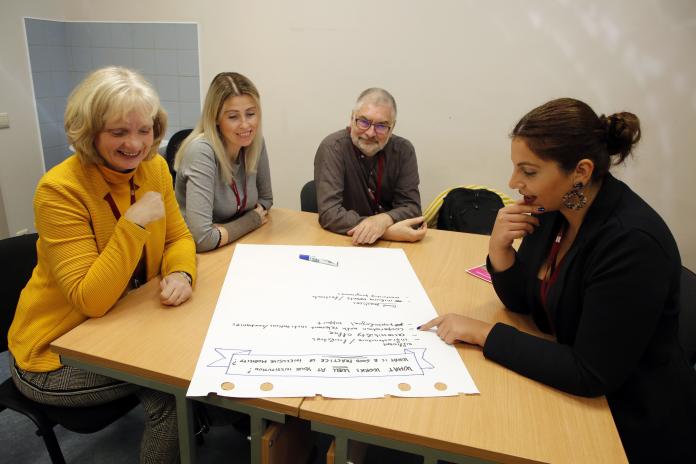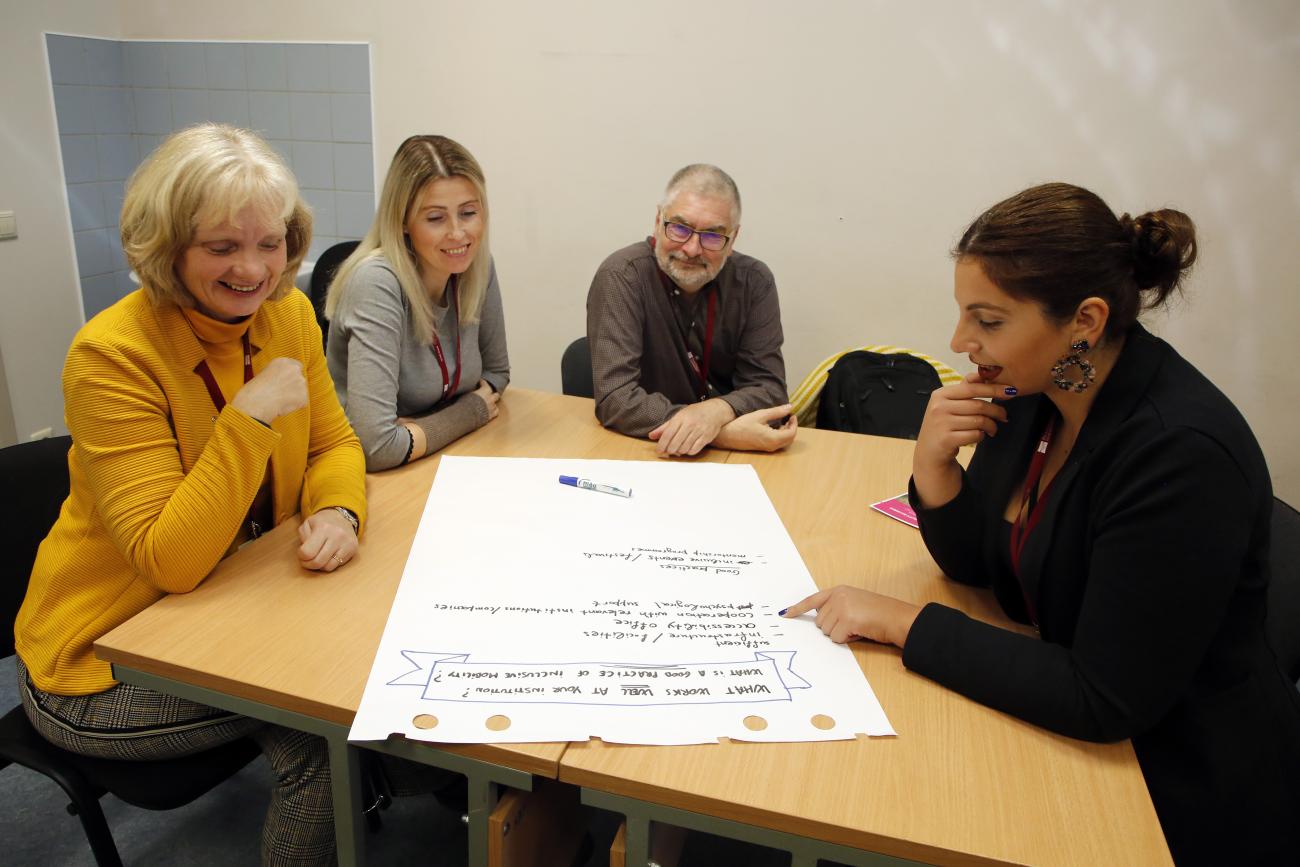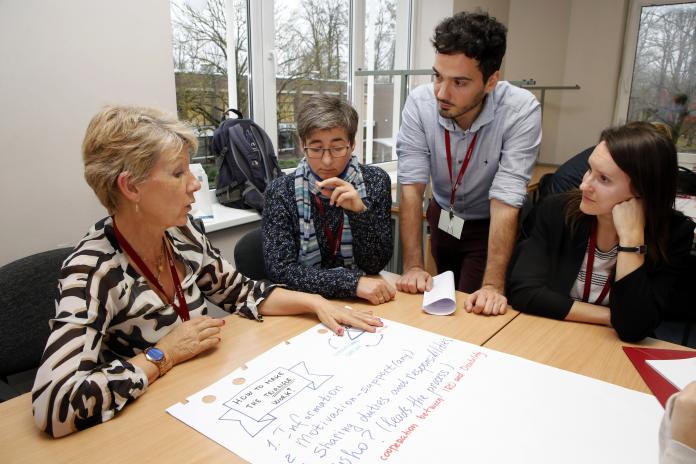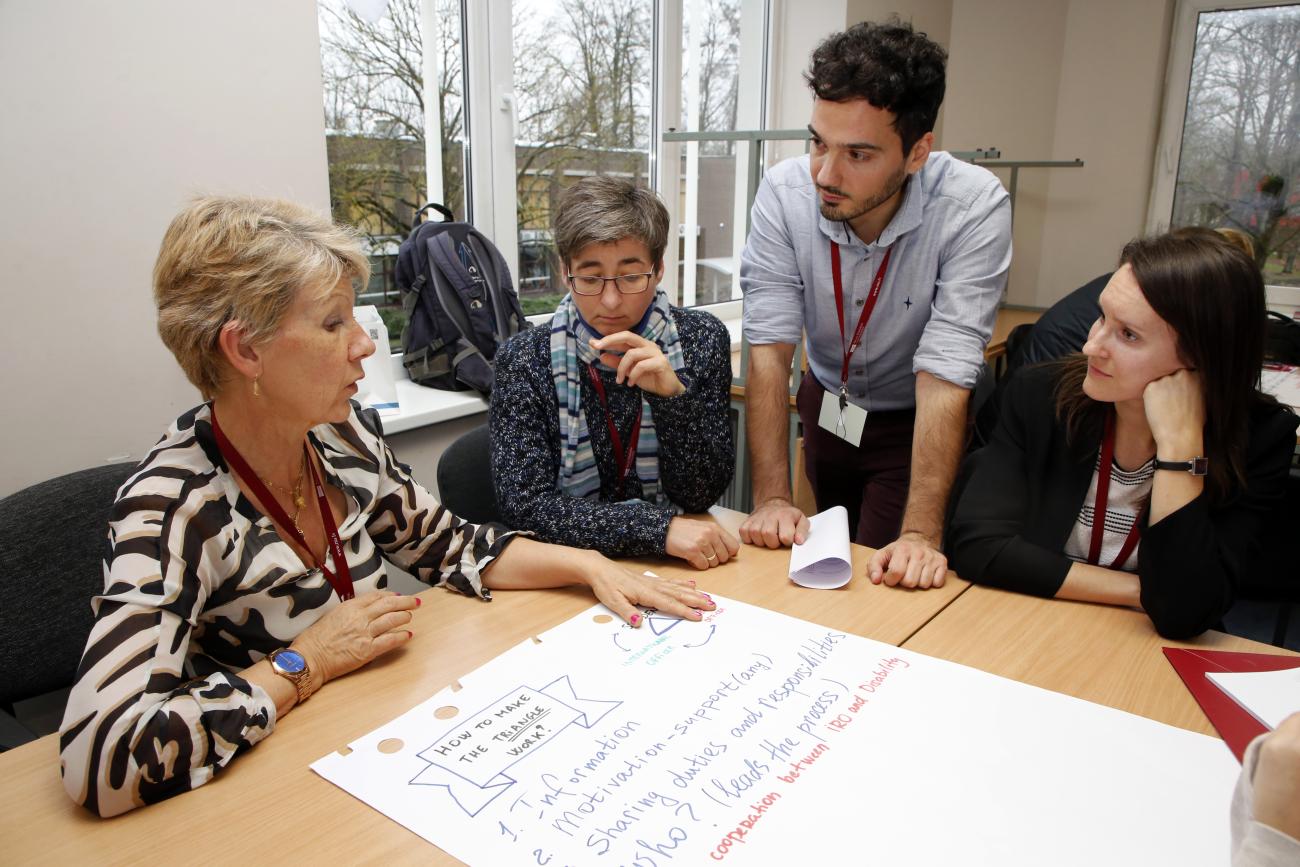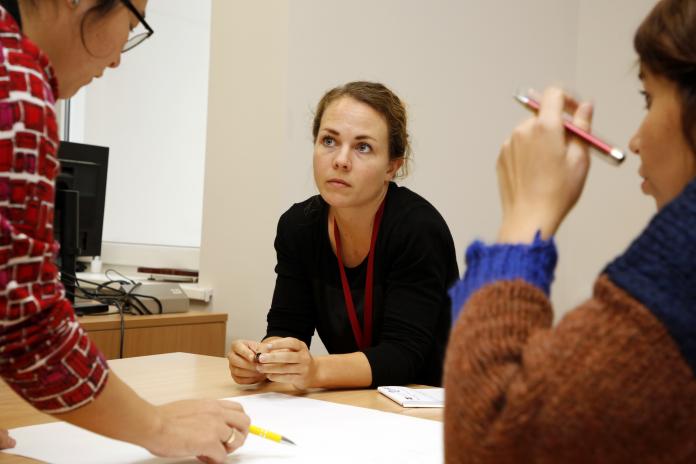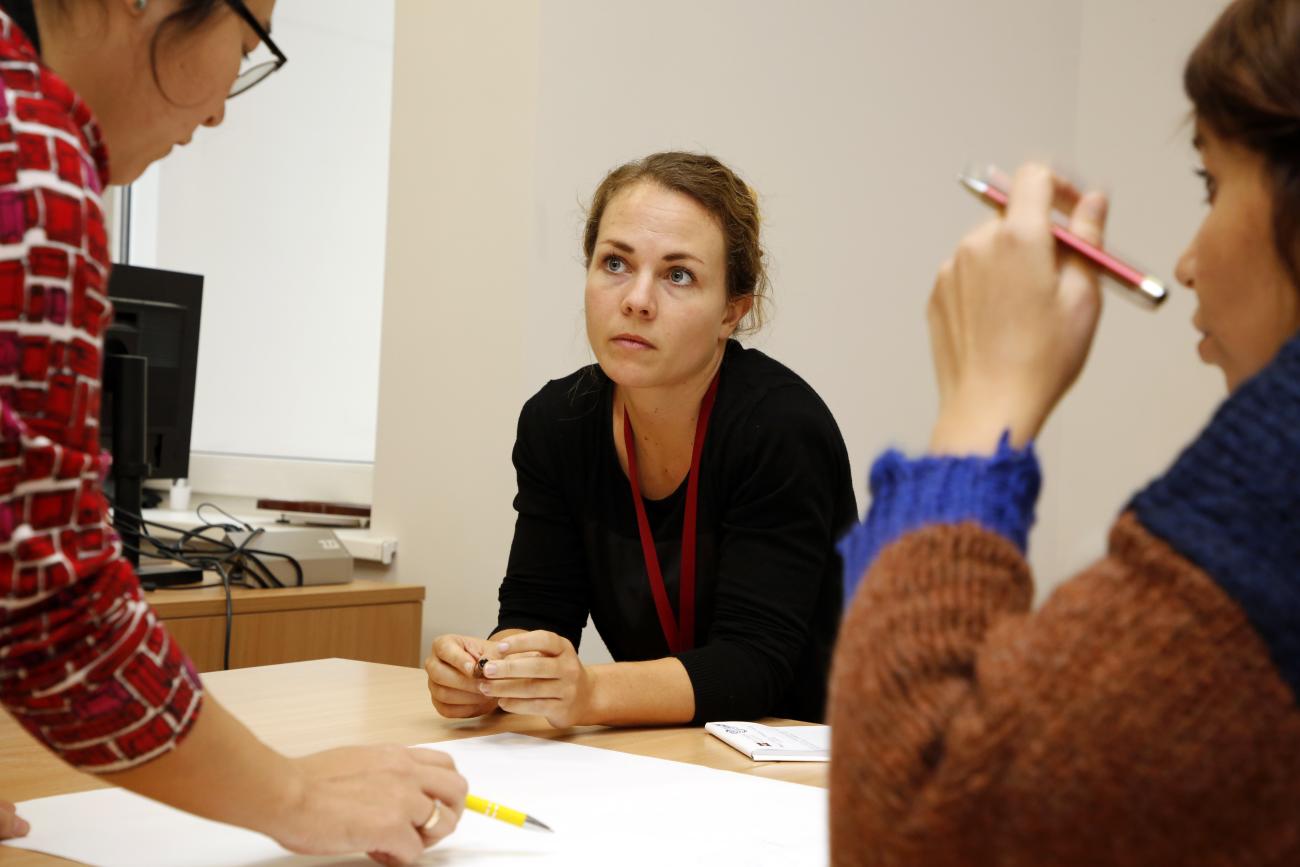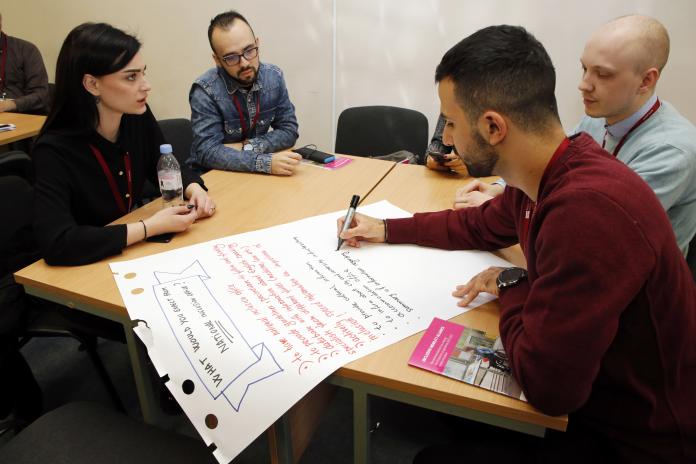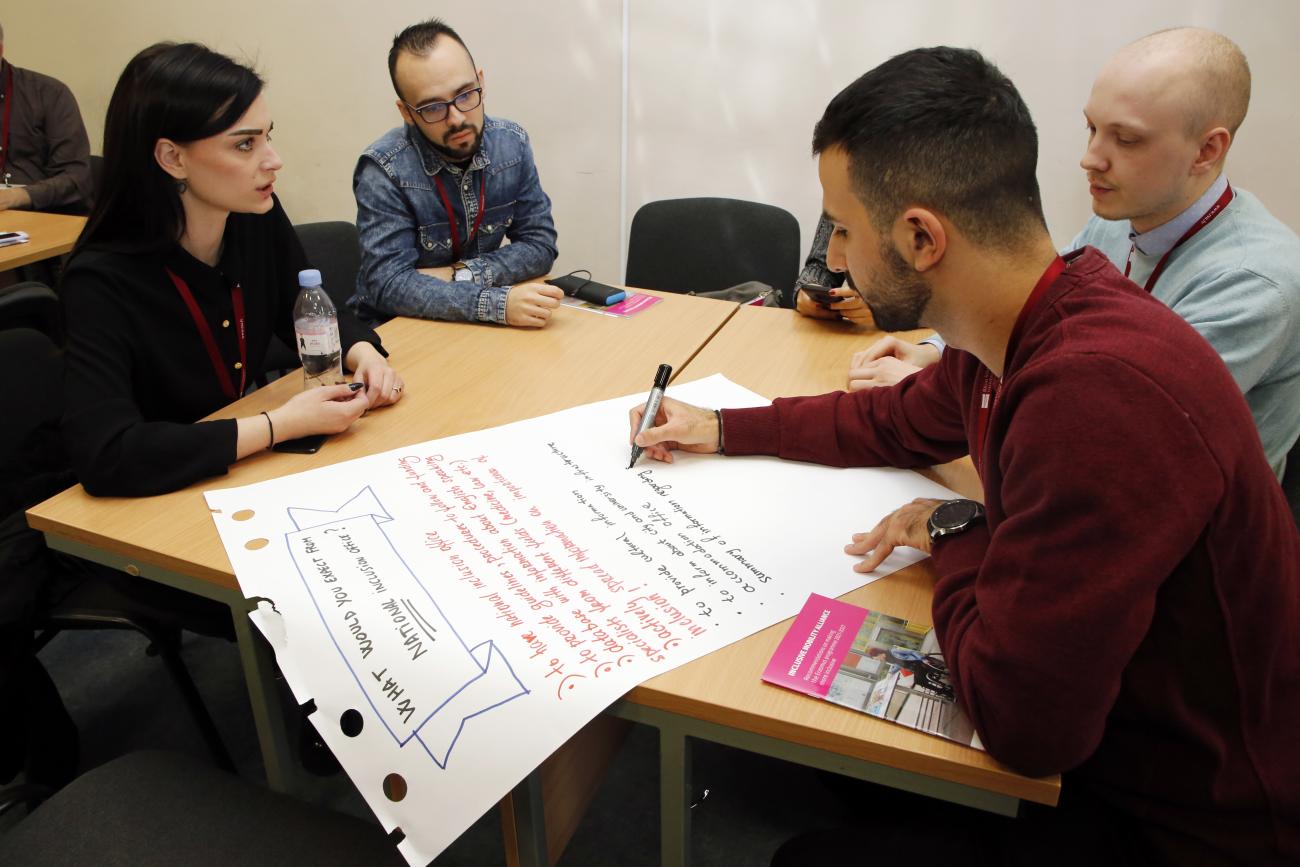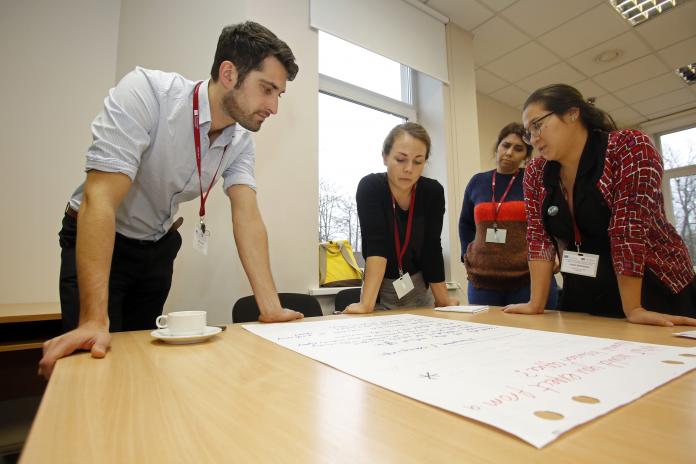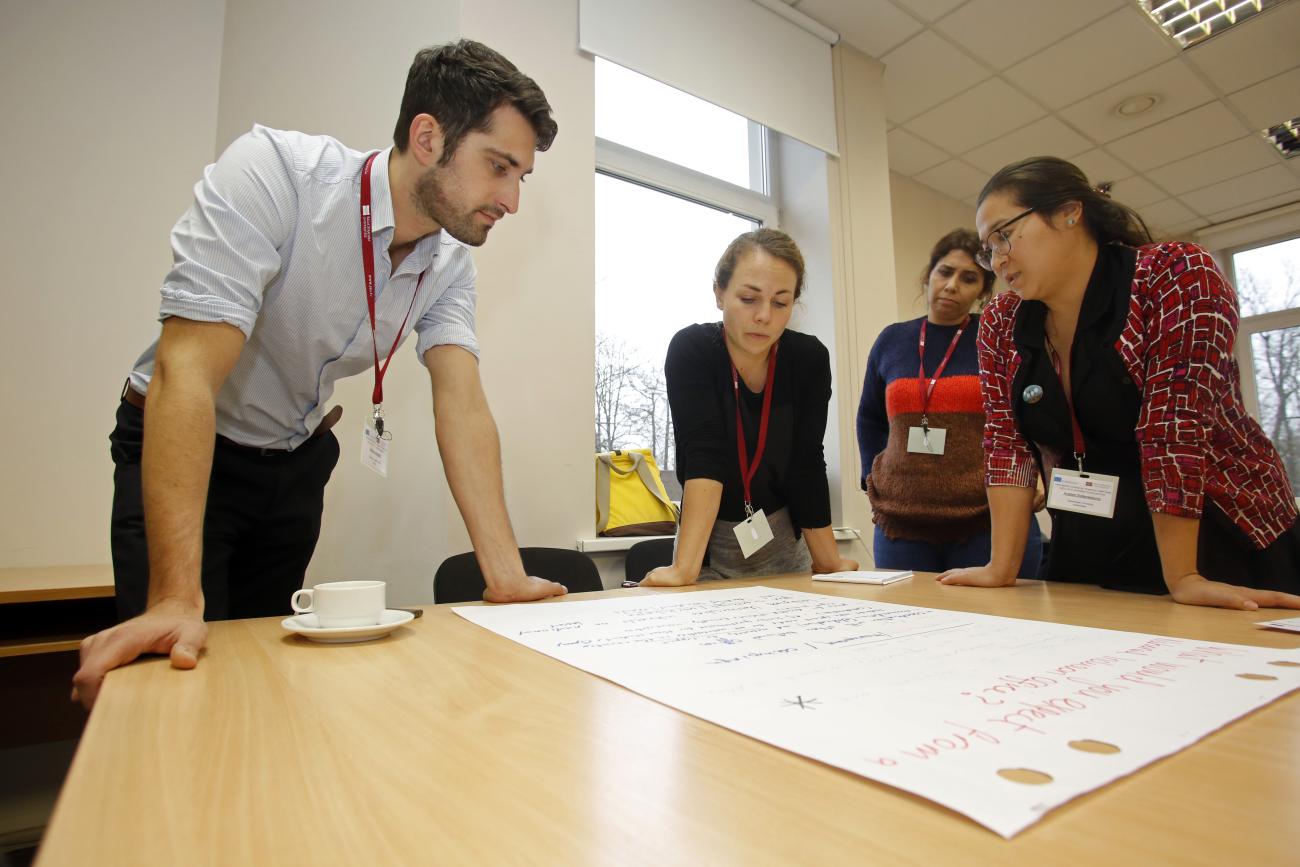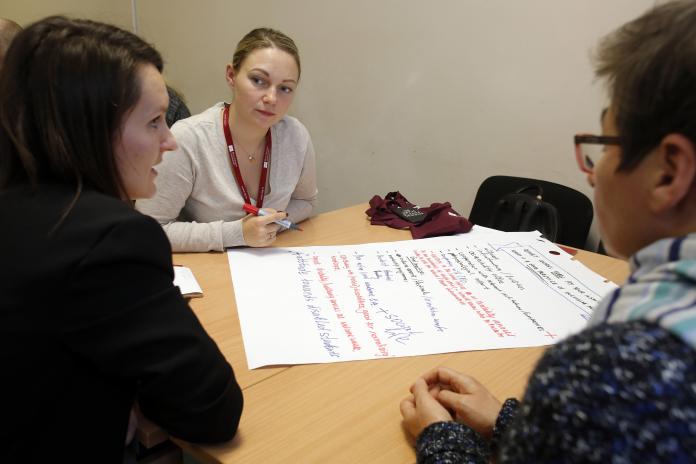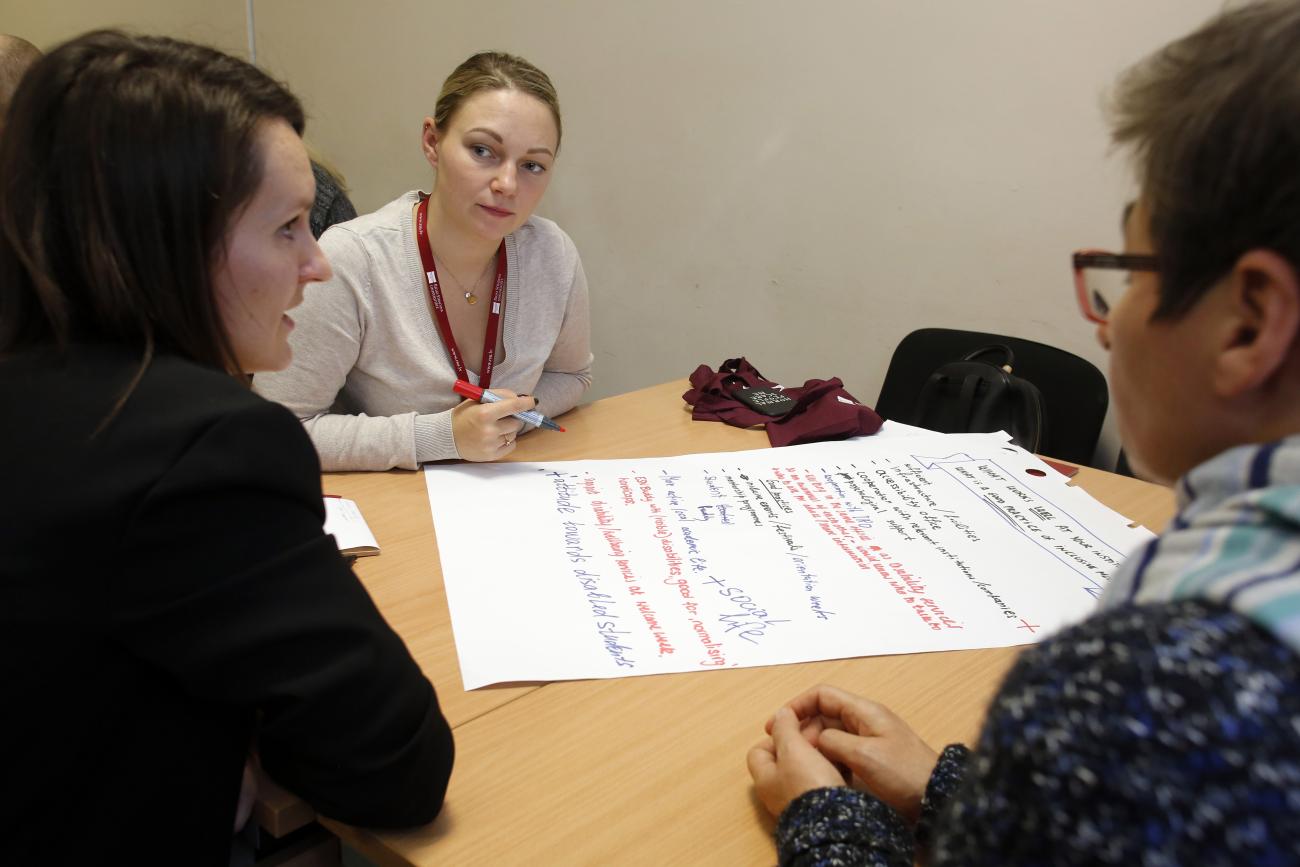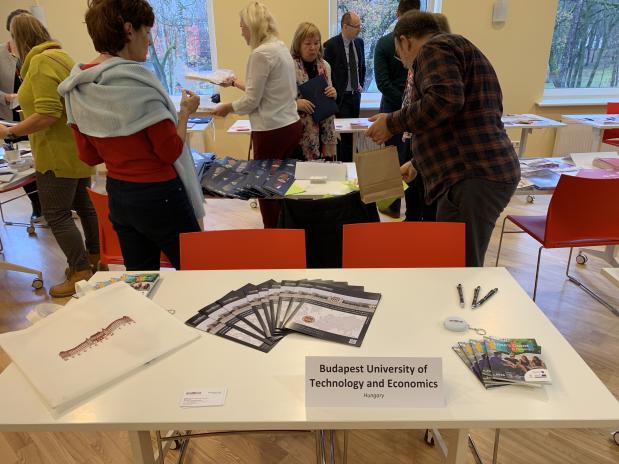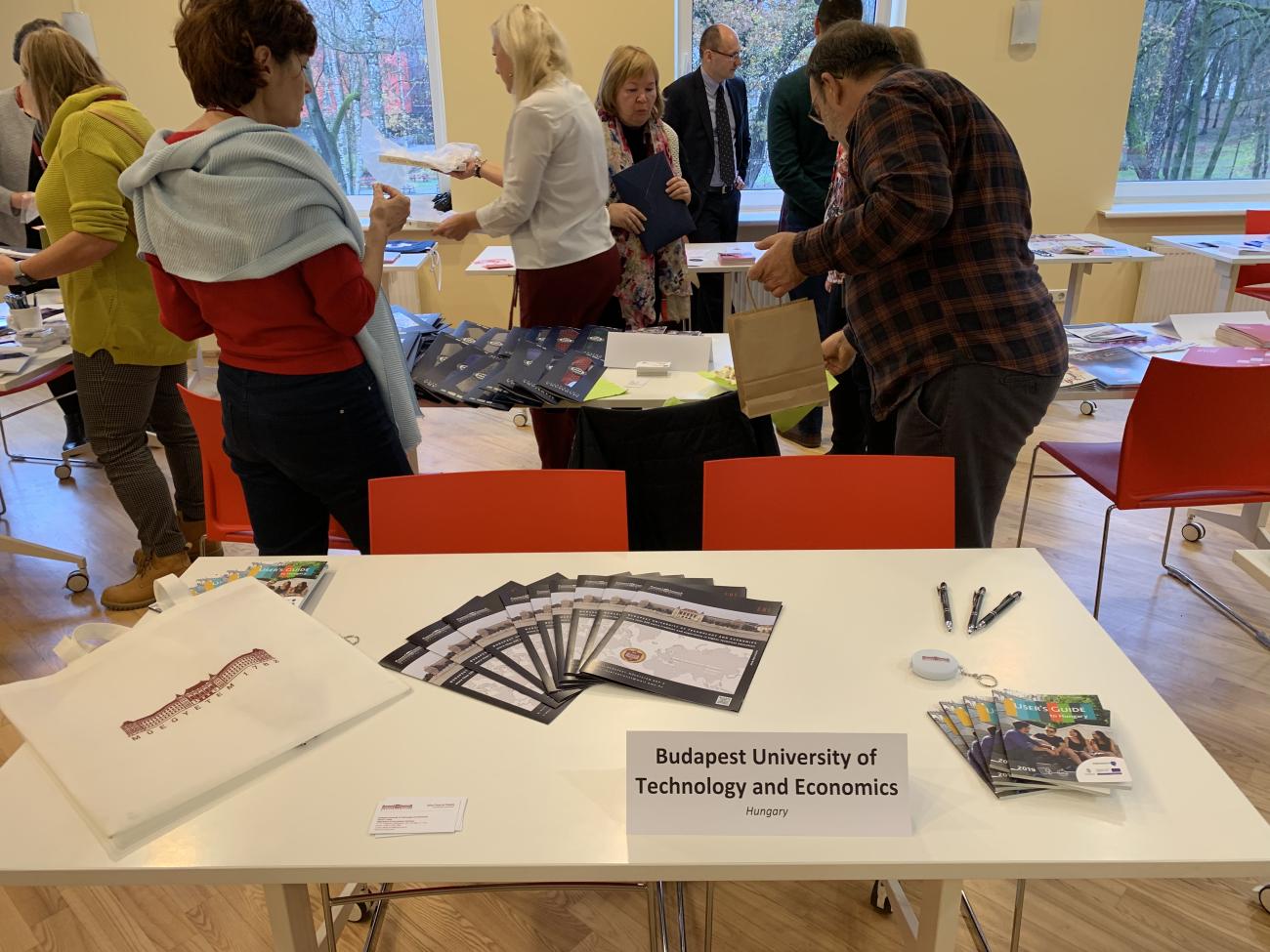Experts on Higher Education Discuss Inclusive Internationalisation at Conference Organised by RSU
In November Rīga Stradiņš University (RSU) hosted Inclusive Internationalisation – 4th Higher Education Internationalisation Conference and Erasmus+ Staff Week. The events organised by the university’s International Department (ID) gathered internationalisation experts from various European institutions of higher education to identify methods for involving various target audiences into universities' internationalisation processes.
Gülsün Sağlamer, President of the European Women Rectors Association, delivered the opening address of the conference. Sağlamer spoke about women’s leadership in international education management, and research processes at universities.
Prof. Luciano Saso, Vice-Rector of Sapienza University of Rome and the President of the European Capitals Network UNICA, highlighted the integrating function of the European Union (EU) at the plenary session of the conference. This includes the need for including students and academics with refugee status in European higher education. Elsebeth Gerner Nielsen, the former Danish Minister for Culture and Rector of the Kolding School of Design, also addressed the audience at the plenary session. Her presentation reviewed the role of European universities in promoting the development of the higher education sector in other regions of the world.
Sebastian Berger, the Vice-President of the European Students’ Union, gave recommendations for how to make the European Commission’s Erasmus + student mobility policy more inclusive in the upcoming EU financial programming period. He particularly highlighted the need for making international mobility accessible for students with disabilities, as well as students of different regions, age groups and family conditions, ethnic and religious affiliation, genders and sexual orientation.
Katherine Allinson, a policy researcher at Universities UK International, introduced conference delegates to a study on mobility trends in her country and made proposals on how to involve more students from less protected social groups.
Dominique Montagnese, and expert on inclusive mobility from the Centre for Inclusive Higher Education, gave a practical class during which conference participants developed recommendations for ensuring inclusive mobility in interactive working groups.
Other European higher education experts and academics also gave presentations on various issues concerning inclusive internationalisation. This year, for the first time, there was a discussion between students about their study experience in another country, as well as a special session whose speakers were selected on a competitive basis based on their university best practices for inclusive internationalisation.
In conjunction with the conference, RSU also hosted an Erasmus+ Staff Week featuring university presentations and a partnership fair. The Erasmus+ Staff Week served as a platform for networking and initiating further international cooperation in the fields of education and science.
Related news
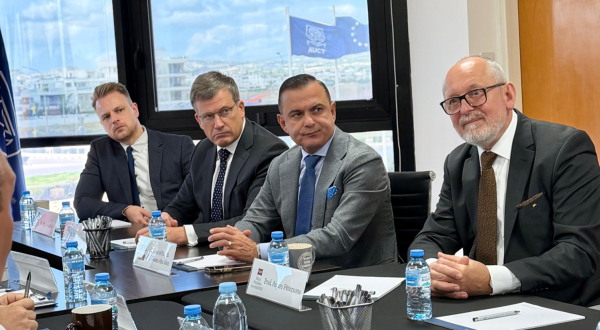 RSU management discusses development of medical education cooperation at high-level meetings in Cyprus International Cooperation
RSU management discusses development of medical education cooperation at high-level meetings in Cyprus International Cooperation